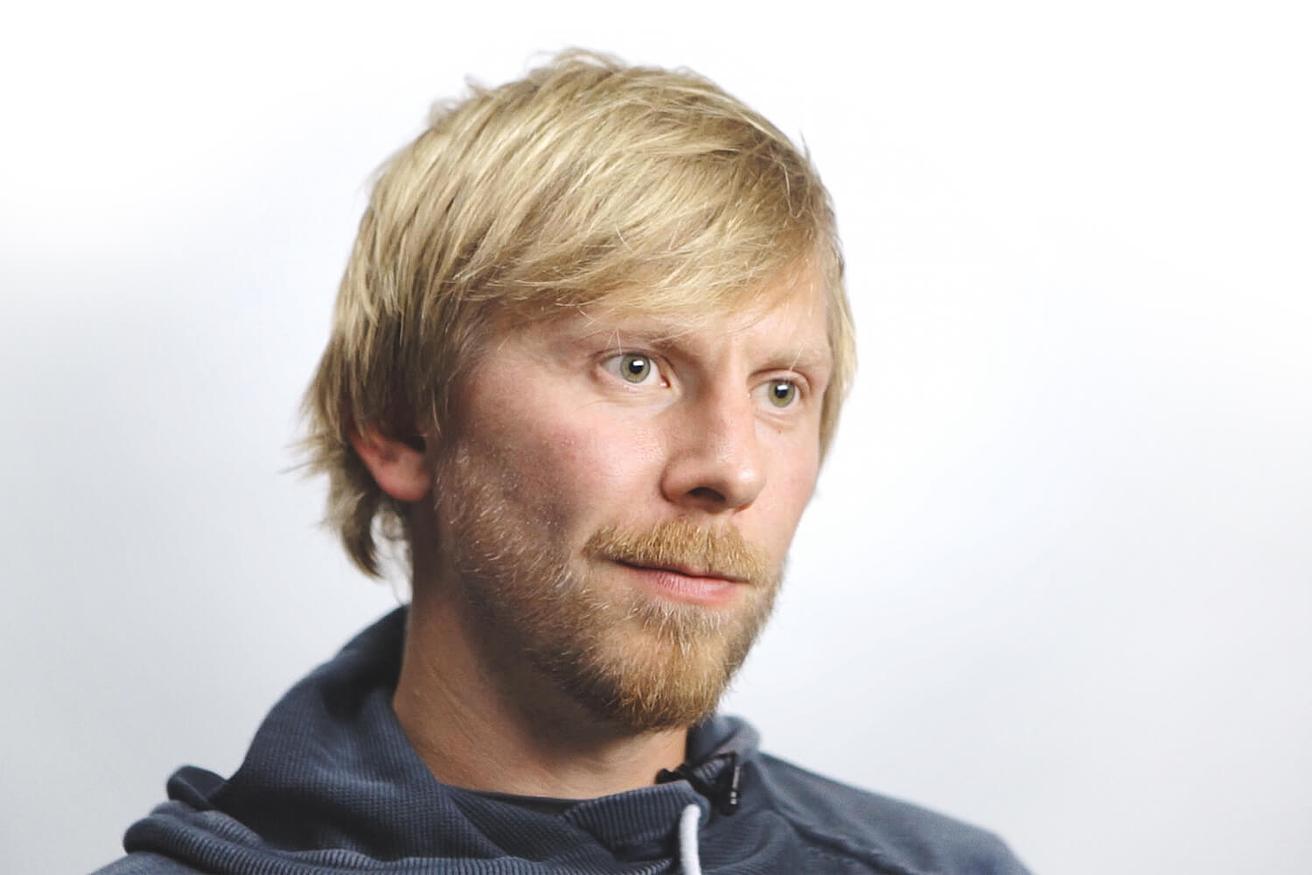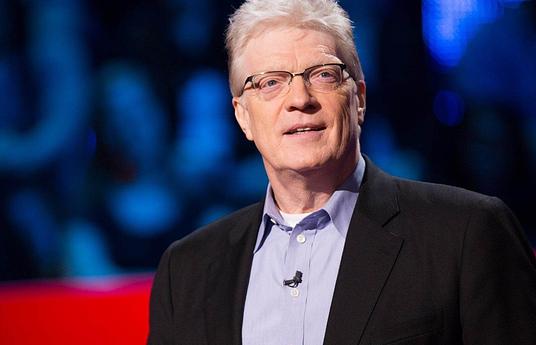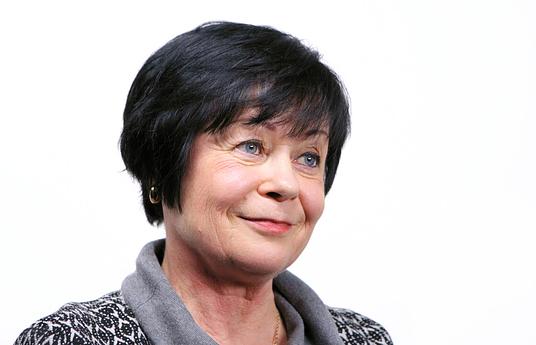Pekka Peura
Pekka Peura uses individual learning models in his teaching. In his classes students study each lesson individually, or in collaboration with their peers. The teacher's role is to guide and support the learning process.
Pekka shares information on his method through his blog The Future of Math.
Skills
Do you feel that the current way we are educating children fully prepares them for the needs of the 21st Century?
There are a lot of ways to prepare students for the future, although most of the time, particularly in secondary schools, the focus is on content learning. The learning process mostly revolves around lectures and exercises, with the only aim being to master content.
If you think about the skills we need for the future workforce and the world outside of schools, students need to have good social skills and initiative. Currently we are neglecting teaching these skills, perhaps because we expect them to develop on their own.
Teachers
Why should the role of the teacher change?
Teachers should change the same way as society needs to. We have very stubborn ideas of teaching that stand in the way of moving forward.
Teaching is not just having someone stand at the front and talk while students take notes. This is not the best option. However, a lot of parents are concerned that if we let go of this way of learning their children may not learn.
Assessment must change as well. We are currently assessing based on age groups rather than what has been learned. We are all different. Teachers hold onto assessing this way so that when parents come to inquire how things are going a grade can be handed out to reflect that. We are very focused on performance.
Assessment
How should pupil evaluation and assessment change?
We comprehend the term 'assessment' incorrectly. Every time we speak or think of assessment we consider it to be a test, essay, or other assignment that has to be handed in - the idea that an authority figure, ie a teacher, reads, evaluates and grades the assignment. Thus, assessments are done at the end of a learning period.
I strive to change the way I think of the term 'assessment' to match the curriculum's way of thinking. In the curriculum, assessment is considered an encouraging tool that guides the learning process through interactive feedback. The idea is to develop the student's understanding of his or her goals and how to achieve them.
Assessment of knowledge and learning should be designed to boost the student's self-knowledge, confidence and learning skills. I find it crucial to also be able to develop the student's self-evaluation skills.
Learning is a process in which the result is not always the most interesting fact.
Environments
What would be an exciting learning environment?
A good learning environment is the kind that has space for discussion and in which everyone can interact with each other - diversity is accepted in all its forms, in learning abilities as well.
To be good at something is nothing to be ashamed of, neither is being bad at something. An inspirational learning environment is a safe place in which one can be able to accomplish and express themselves.
Leadership
What are the key challenges in the education system?
As far as systems are concerned, I would start by pondering how to break free from strict structures. For example, in the upper secondary we have five periods that are strictly allocated. This often creates the feeling of busy school days and the teachers regularly feel like there isn't enough time to teach anything but content.
I feel that in trying to tackle stress and being rushed you have to work even harder to make everything work. It is the biggest obstacle to overcome.
Personal memory
What is your favorite memory from your own formal education?
I went to a small rural school with three teachers and around sixty students. During recess no one was in a hurry to go inside - if the bell would ring, we would keep playing soccer. That was fun.
The next 100 years
The next 100 years of Finnish education should... shift from content learning to the learning of life skills.
In the future we should question how to evaluate skills, and use content as merely a frame of reference for this.


